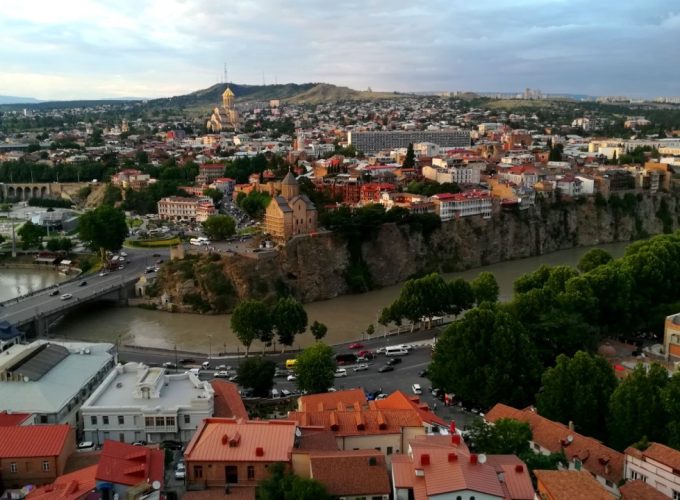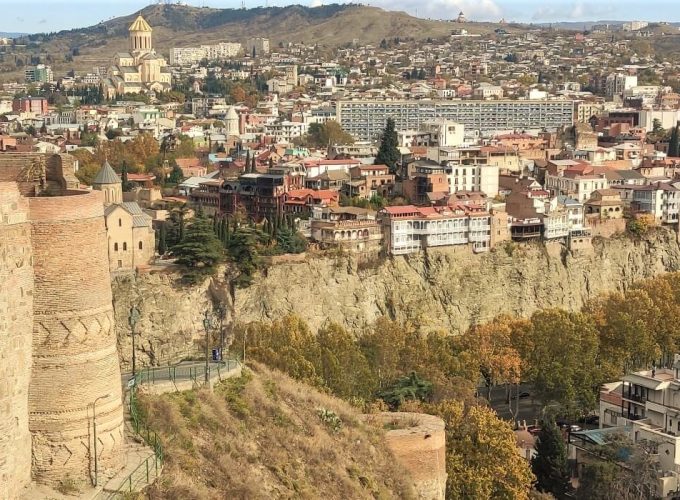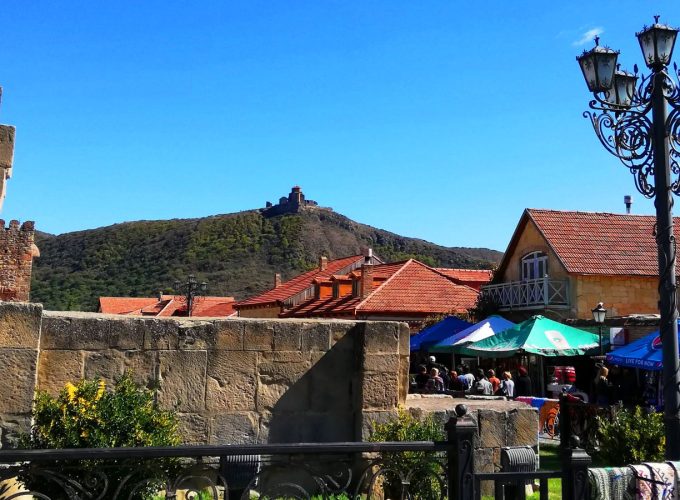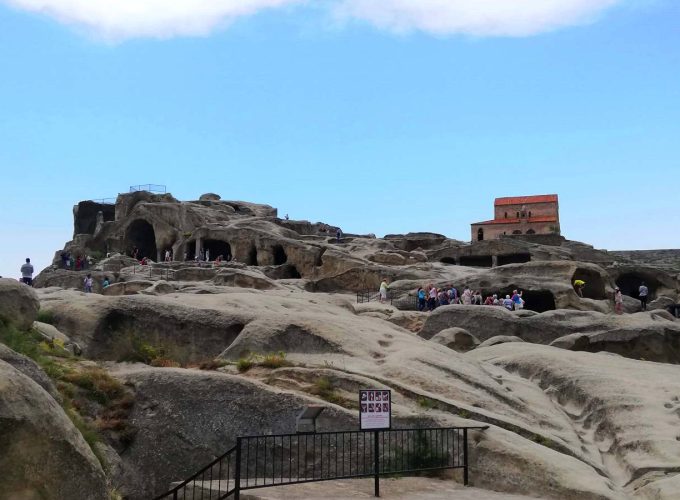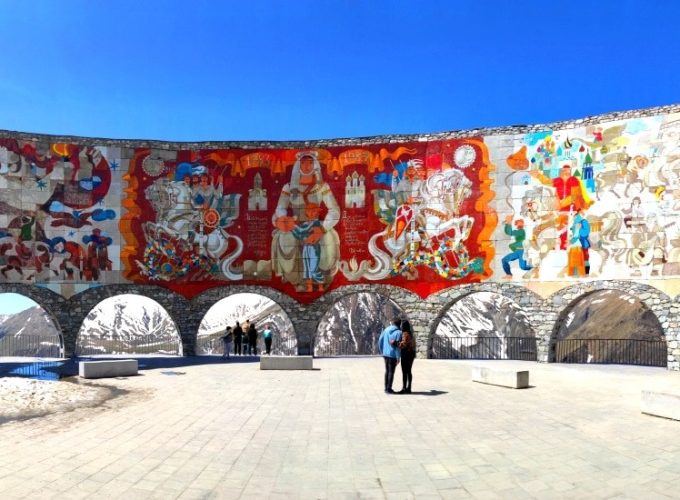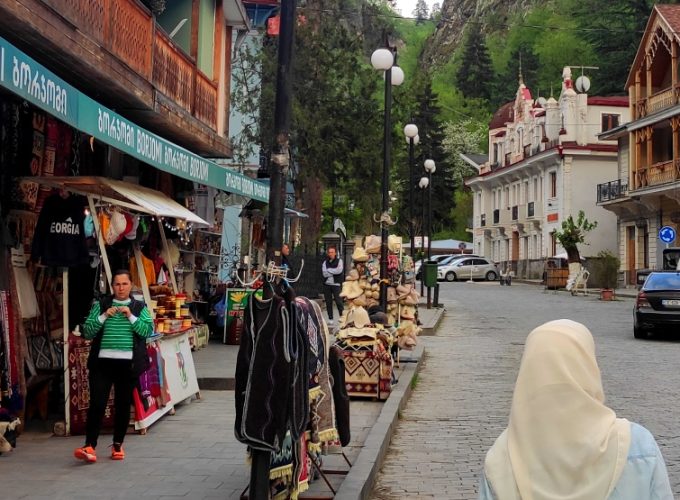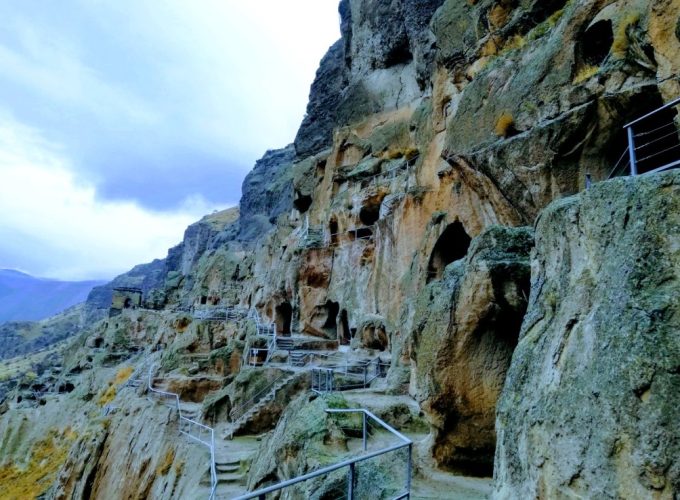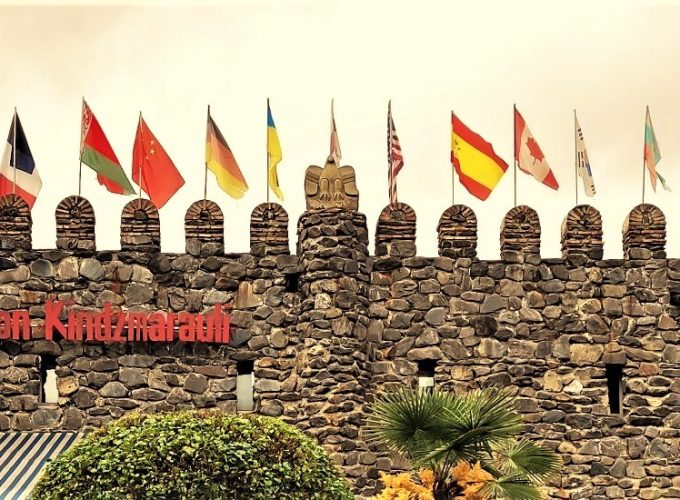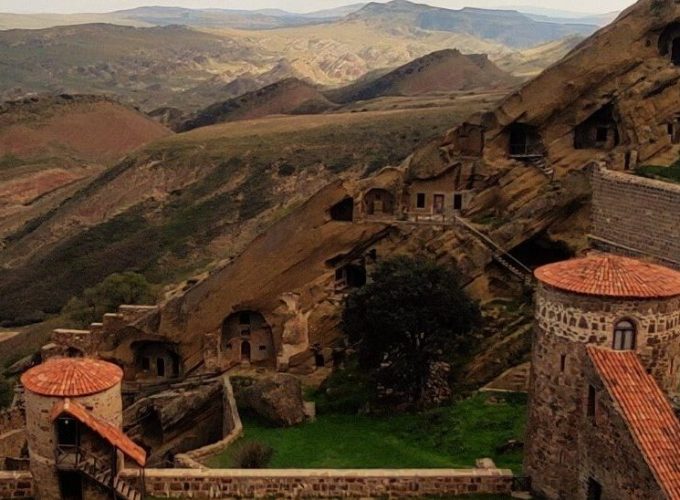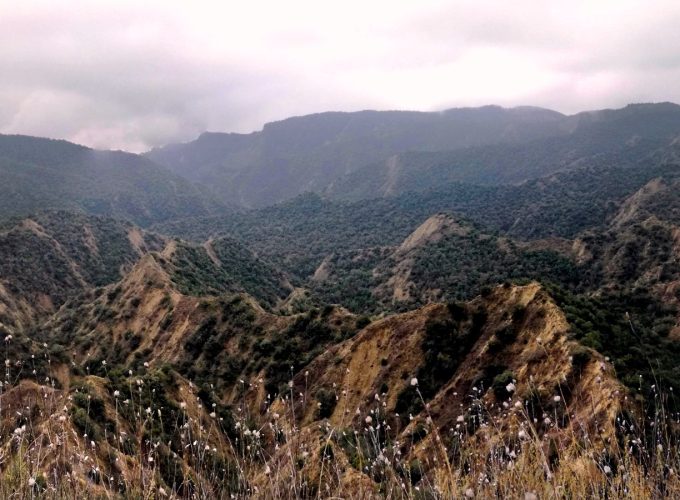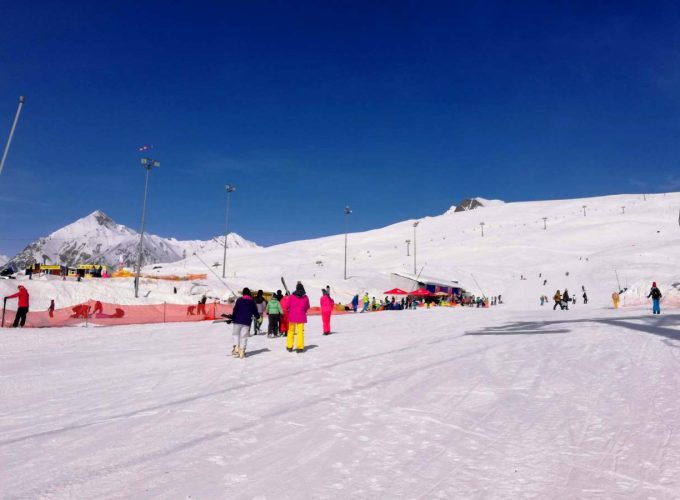Georgia’s capital and largest city, Tbilisi, pulsates with life in the heart of the Caucasus region of Eurasia. Boasting a population of approximately 1.1 million people, it stands as the focal point for Georgia’s cultural, economic, and political endeavors.
Resting gracefully on the banks of the Kura River, the capital unfolds its rich history, diverse architecture, and lively culture. Throughout the centuries, this city has weathered the rule of various empires and nations, contributing to its long and intricate historical tapestry.
Within Tbilisi, one can encounter remarkable landmarks that narrate tales of the past. From the ancient fortress of Narikala to the venerable Metekhi Church and the grandeur of the Holy Trinity Cathedral, the city showcases its historical and architectural wealth. Rustaveli Avenue, the primary thoroughfare, adds to this cultural wealth, housing numerous museums, theaters, and other institutions.
Tbilisi’s allure extends beyond its historical and architectural significance. The city’s natural hot springs, reputed for their therapeutic qualities, draw tourists seeking relaxation and rejuvenation. Furthermore, Tbilisi embraces a vibrant culinary scene, with local restaurants and bars enticing visitors with traditional Georgian cuisine and wine.
In essence, Tbilisi stands not only as a city with a remarkable past but as a dynamic metropolis where history, culture, and modernity converge, creating an inviting tapestry for locals and visitors alike.

